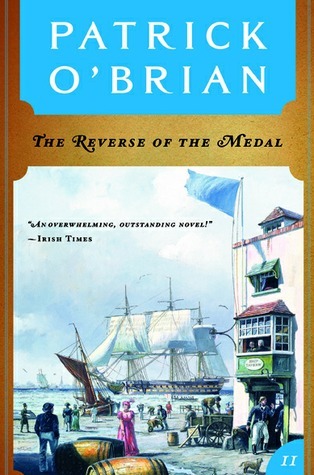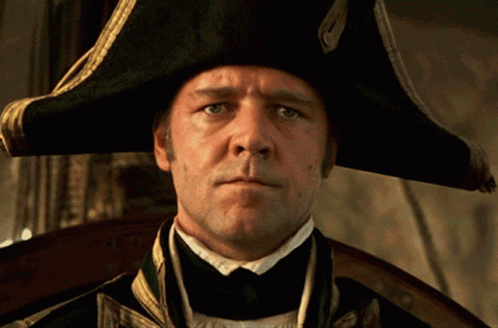What do you think?
Rate this book


308 pages, Kindle Edition
First published January 1, 1986



Stephen si alzò per scrutare dalla finestra il cielo pomeridiano e, voltandosi verso la stanza, vide Jack illuminato in pieno dalla luce da nord, seduto, quasi in posa per un ritratto. Sembrava più grande di prima, più pesante, profondamente grave, certo, e in certo modo leonino; ma sotto quella gravità impassibile Stephen intuì una ferita che la notizia della Surprise non aveva potuto curare e, sperando di poterla alleviare in qualche misura, soggiunse: «E, in tutta confidenza, mio caro, posso dirti che la nostra guerra non sarà del tutto privata. Tu sai qualcosa delle mie attività; e quando la Surprise non sarà impegnata a danneggiare i commerci del nemico, potrei avere compiti di quel genere da eseguire». Jack afferrò l'idea; espresse il suo compiacimento con un cortese cenno del capo e l'apparenza di un sorriso; ma la ferita rimase aperta. «Questa dannatissima gogna, fratello», continuò Stephen. «Non ha una vera importanza per un uomo innocente, ma può essere spiacevole, come un mal di denti: ti ho somministrato molte volte una pozione per il mal di denti, certamente, ed eccone qui una...» concluse, tirando fuori dalla tasca una bottiglietta, «... che farà superare la gogna come poco più di un sogno: un sogno sgradevole, ma solo debolmente sgradevole, e remoto. L'ho usata su di me con grande effetto.»
«Grazie, Stephen», disse Jack, posando la bottiglietta sulla mensola del camino.
Stephen capì che non aveva nessuna intenzione di prenderla e che la lacerazione profonda era rimasta inalterata. Perché il fatto di non appartenere più alla marina era per Jack Aubrey più doloroso di mille gogne, della perdita della fortuna, della perdita del rango, della perdita del futuro. Era in un certo senso la perdita del suo stesso essere, e chi lo conosceva bene rimaneva sconvolto dall'espressione stranissima dei suoi occhi, di tutto il suo volto.